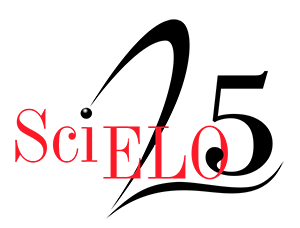
Close

Open Science Modus Operandi of Research Communication


Preserving scientific journals is crucial to ensure long-term accessibility of knowledge. With the advent of digital publishing and open access, challenges have emerged that can lead to the loss of these journals. In the past, librarians were responsible for preserving printed versions, but the landscape has changed with digitization. While open access has brought benefits such as broader reach, it has also brought risks such as technological obsolescence and infrastructure failures. A recent study in 2021 revealed alarming cases of scientific journals disappearing from the web between 2000 and 2019, raising concerns about future access to scientific knowledge. Given this, the need for preservation initiatives is evident. This webinar will discuss ongoing efforts to digitally preserve open access scientific journals through collaboration among libraries, academic institutions, and publishers, aiming to protect these journals for future generations.
About
Within the realm of knowledge production, the preservation of scientific journals has always been a matter of concern. While the responsibility for safeguarding printed publications has predominantly fallen on librarians, the advent of digital publishing and, specifically, the introduction of open access (OA) has brought ambiguity and complexity to this domain. Consequently, the long-term accessibility of journals is not always guaranteed, with the risk of them disappearing entirely from the web.
Preserving open access scientific journals holds immense significance in the academic community. These journals serve as vital repositories of knowledge, containing valuable research findings, scholarly articles, and intellectual discourse. Ensuring their long-term accessibility is crucial for the continuity of scientific progress and the advancement of various fields of study.
In the early days of scientific publishing, the responsibility for journal preservation mainly rested on librarians. Printed publications were carefully stored, cataloged, and maintained within the confines of libraries, ensuring that future generations could access them for reference and research purposes. However, as technology advanced and the world embraced the digital era, the landscape of scientific publishing underwent a profound transformation.
With the emergence of digital publishing platforms, scientific journals found new avenues for dissemination and accessibility. The concept of open access gained traction, allowing unrestricted access to scholarly articles and making them available to a global audience. While this shift brought numerous benefits, it also presented challenges that required immediate attention.
The transition to digital publishing and open access brought ambiguities and complexities in ensuring the long-term accessibility of scientific journals. Unlike their printed counterparts, digital publications are subject to various risks, such as technological obsolescence, hardware failures, and changes in web infrastructure. These factors can pose a threat to the preservation of scientific knowledge, potentially resulting in the loss of valuable research.
In a comprehensive study conducted by M. Laakso, M. Matthias, and N. Jahn, the issue of disappearing scientific journals came to light. Their research, published in 2021, examined the period between 2000 and 2019 and encompassed a wide range of research disciplines and geographical regions worldwide. The study revealed alarming cases of journals vanishing from the digital world, raising concerns about the future accessibility of scientific knowledge.
Given the critical importance of scientific journals and the risks associated with their long-term accessibility, the need for preservation initiatives becomes evident. This webinar aims to discuss ongoing national and international efforts in digitally preserving open access scientific journals. In addition to collaborative endeavors between libraries, academic institutions, and publishers to develop comprehensive preservation strategies, protecting scientific journals for future generations.
Agenda
14:00 – 14:05 Welcome and introductions [VIDEO]
Rondineli Saad – Infrastructure, Digital Preservation and Information Security Coordinator at SciELO Brazil
14:05 – 14:25 JASPER Project (JournAlS are Preserved forevER): An initiative for preserving open access journals [VIDEO]
Alicia Wise (Executive Director of CLOCKSS)
14:25 – 14:45 PKP Preservation Network: An initiative for preserving open access journals [VIDEO]
Urooj Nizami – Librarian at the Public Knowledge Project
14:45 – 15:05 CARINIANA Preservation Network: A national initiative for preserving open access journals [VIDEO] [DOWNLOAD]
Miguel Arellano – Coordinator, Brazilian Network of Digital Preservation Services Cariniana
15:05 – 15:20 Digital Preservation of SciELO Brazil journals [VIDEO] [DOWNLOAD]
Rondineli Saad – Infrastructure, Digital Preservation and Information Security Coordinator at SciELO Brazil
15:20 – 15:30 Final comments and closing remarks [VIDEO]
Chair
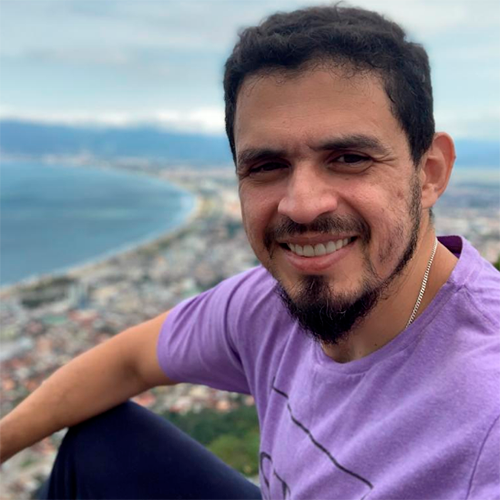
ORCID: 0009-0004-2527-0821
Coordinator of the Infrastructure, Digital Preservation, and Information Security Unit of the SciELO Brazil project. Post-Graduate in Information Security Systems Management, IDESP/Daryus (2022). Post-Graduate in Computer Forensic Investigation, Impacta (2014). Technologist in Computer Networks, Oswaldo Cruz College (2006).
Speakers
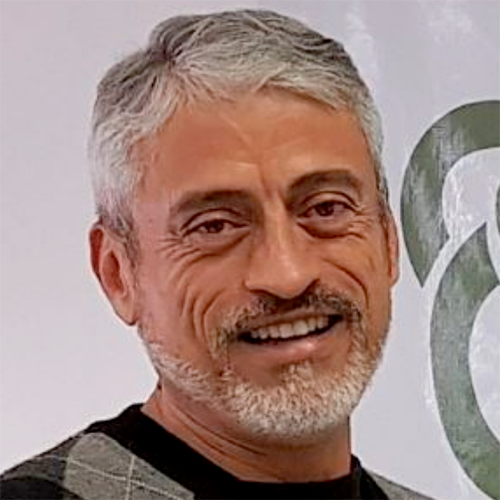
ORCID: 0000-0001-5306-919X
He has been working at the Brazilian Institute of Information in Science and Technology (IBICT) since 1997, as a Senior Technologist and coordinator of the Brazilian Network for Digital Preservation - CARINIANA Services. He is the editor for Brazil of the international repository E-LIS. He is a member of the Standing Committee of Preservation and Conservation of IFLA (2017-2021 and 2023-2025). He graduated in Social Anthropology from the National Institute of Anthropology and History (1985), holds a master's degree in Information Science from the University of Brasília (1998), and a Ph.D. in Information Science from the University of Brasília (2008).
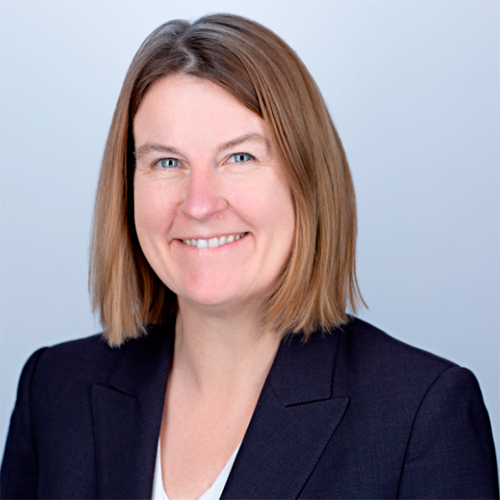
ORCID: 0000-0002-7898-3428
Alicia Wise is the Executive Director of CLOCKSS. She has been active in increasing access to research information for 20 years as an academic author and in roles with funders, libraries, consortia, and publishers. Prior to joining CLOCKSS she held roles with Elsevier, the Publishers Association, Publishers Licensing Society, Jisc, Archaeology Data Service, and in universities. Most recently, Alicia has been working as a consultant in scholarly communications, advising libraries, funders, and publishers on sustainable strategies for navigating the rapidly changing information landscape. She has served on the boards of organizations including Access to Research, the Accessible Books Consortium, CHORUS, CLOCKSS, the Digital Preservation Coalition, and Research4Life.
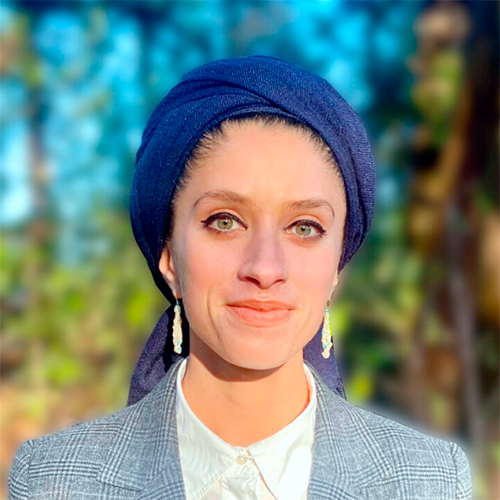
ORCID: 0000-0001-5740-5795 Urooj Nizami was appointed in 2022 as a Community Engagement and Outreach Librarian who aims to build and maintain relationships with the international community and PKP partners and coordinate PKP's community outreach and education programs. She holds a master's in knowledge management, library and information studies from McGill University, as well as a master's in religion from Temple University.
Code of Conduct
It is expected that all participants in events promoted by SciELO follow our Code of Conduct.